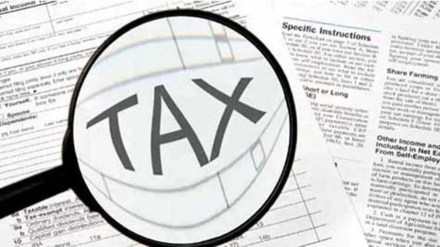In an effort to streamline and simplify the resolution of tax disputes, the Central Board of Direct Taxes (CBDT) has introduced a new E-Dispute Resolution System (e-DRS). This scheme, introduced under Section 245MA of the Income-Tax Act (I-T Act), 1961, aims to simplify dispute resolution, making it accessible to eligible taxpayers while reducing the burden of litigation. Let’s break down what this scheme entails:
What is e-DRS?
Section 245MA provides the legal backing for the establishment of Dispute Resolution Committee, which are formed in all 18 jurisdictional Principal Chief Commissioner of Income-tax regions across India. These committees are tasked with resolving tax disputes online, ensuring that the process is not only efficient but also user-friendly.
Who can opt for e-DRS?
One of the main objectives of e-DRS is to provide relief to small taxpayers. However, the scheme is available only to those taxpayers who meet specific eligibility criteria, which include:
The taxpayer’s returned income for the relevant assessment year must not exceed Rs 50 lakh. The aggregate sum of variations in the dispute must not exceed Rs 10 lakh.
The disputed order should not be based on searches, surveys, or information received under agreements referred to under Section 90 or 90A, which pertain to international tax treaties.
If these conditions are met, taxpayers can file an application for e-Dispute Resolution through the income tax portal.
Filing an application for e-DRS
The application for e-DRS is to be filed in Form No. 34BC within one month from the date of receipt of specified order. For taxpayers who already have an appeal pending before the Commissioner of Income-tax (Appeals), the application for e-DRS must be filed before September 30, 2024. Additionally, if the specified order was passed before August 31, 2024, and the time to file an appeal has not yet lapsed, the application must also be submitted by September 30, 2024.
What happens after filing?
The DRC is mandated to pass its order within six months from the end of the month in which the application is admitted. If the committee finds that the taxpayer’s application has merit, they can grant a reduction or waiver of penalties and prosecution, in accordance with Rule 44DAC.
The e-DRS is a progressive step towards creating a more efficient, transparent, and accessible tax system in India. By providing an online platform for dispute resolution, the government is empowering taxpayers to resolve their issues quickly and efficiently, minimising litigation and ensuring that justice is served in a timely manner. For small taxpayers, this scheme is a welcome relief, offering a simpler way to navigate the often-complex world of tax disputes.
The writer is partner, Nangia & Company. Inputs from Neetu Brahma
